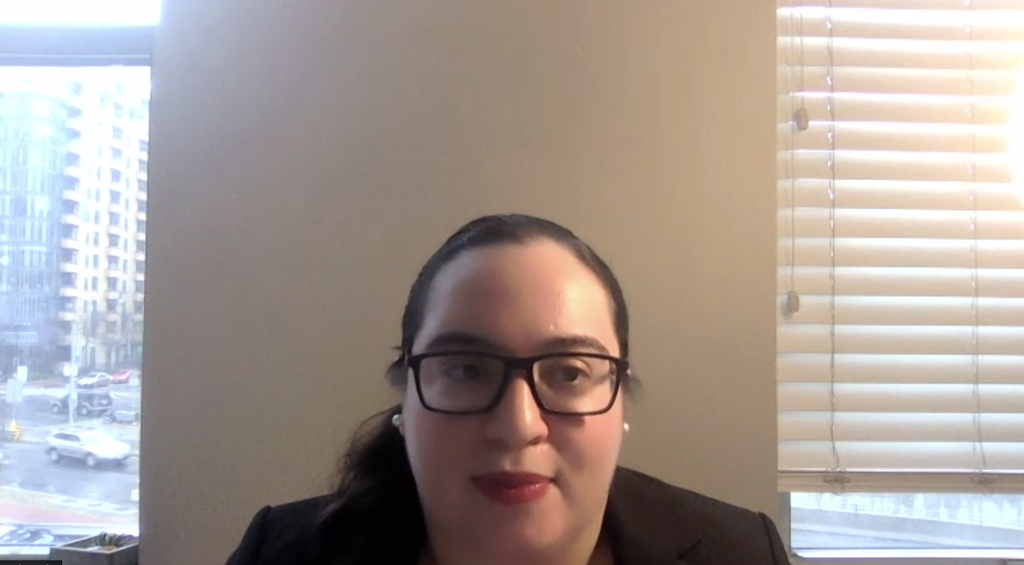New Affordable Connectivity Program Rules Prevent Credit Checks, Make Termination Harder
The rules prevent providers from denying service to lower-income customers.
Justin Perkins

WASHINGTON, March 22, 2022 – The Federal Communications Commission’s tough consumer protection rules for its Affordable Connectivity Program will make it harder for providers to exclude or terminate internet customers based on credit scores and late payments, according to agency attorneys.
The tougher rules are new additions to the subsidy program, which was known as the Emergency Broadband Benefit before the Infrastructure, Investment and Jobs Act made it permanent as the ACP. The program provides a discount of up to $30 per month toward internet service for eligible households and up to $75 per month for households on qualifying tribal lands – as well as a one-time discount of up to $100 to purchase a device.
In an overview of the program on March 9, FCC staff attorneys told an event hosted by the Federal Communications Bar Association that the ACP’s implementation rules were designed to prevent predatory consumer practices.
Jamile Kadre, an attorney at the Wireline Competition Bureau, said that the rules empower customers to choose a service plan that best meets their needs, informs them of their rights and prevents providers from denying service based on their credit status.
The law specifically prevents providers from requiring eligible households to submit a credit check as a condition of applying to the program.
The rules, which are meant to encourage greater consumer choice, also prevent providers from running credit checks to determine which ACP-supported internet plan a household can apply their benefit to or restrict the type of plan available to a household based on their credit. However, providers can run routine credit checks if they are part of the provider’s sign-up process for all consumers.
The ACP will also make it harder for providers to terminate household service for late payments. A termination can only be made if a customer stops paying for 90 consecutive days.
Preventing up and down selling
The IIJA also includes several rules that prevent providers from “inappropriate” upselling and down selling to customers using their benefit.
Upselling is a sales technique that encourages customers to buy a higher-end version of the product than what the customer originally intended, while down selling offers consumers the less-expensive version.

Screenshot of Jamile Kadre, attorney at the Federal Communications Commission’s Wireline Competition Bureau
“It’s important that the plans meet the needs of the consumer,” said Kadre, adding there shouldn’t be any kind of inappropriate pressure on a household to include them to purchase a different plan “other than what they would have intended with different speeds or bandwidth.”
The FCC’s rules also prevent customers from any requirement to opt-in to any extended service contract as a condition to participating in the program and prohibits providers from limiting a household’s ability to switch internet service offerings.
While providers can require that customers return equipment used on the premises, Kadre said the rules prevent practices that cause a household to believe they are prohibited from transferring their benefits to a different provider.
The new rules come after an FCC watchdog found evidence of fraud in the EBB, including telecoms overenrolling households.
To be eligible for the ACP, the household income must be at or below 200% of the Federal Poverty Guidelines or meet certain criteria such as participation in certain assistance programs such as SNAP, Medicaid, and WIC.
Last month, the White House celebrated the more than 10 million American households enrolled in the ACP. Advocates have urged the FCC to take action on outreach hurdles and encourage more households to apply.









Member discussion